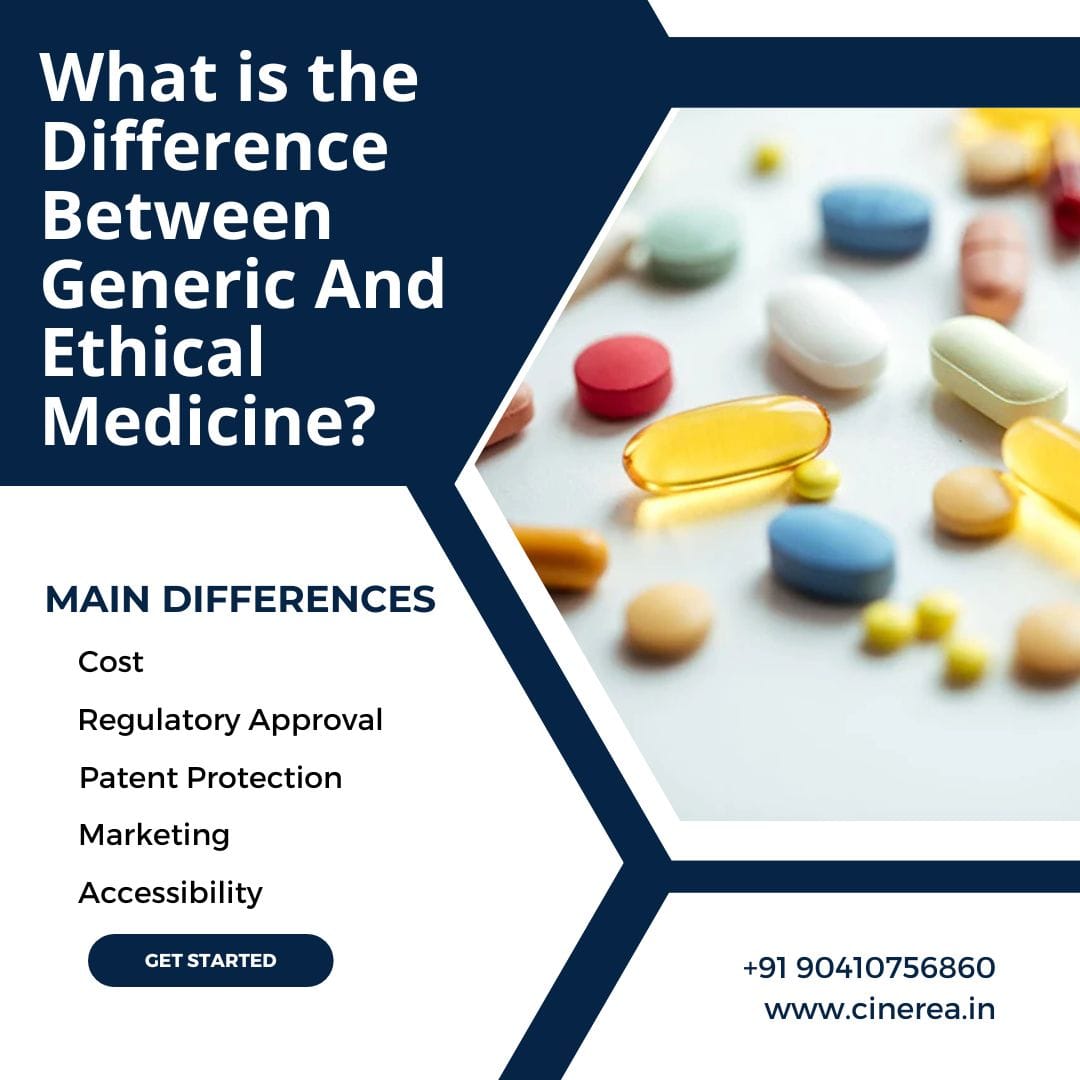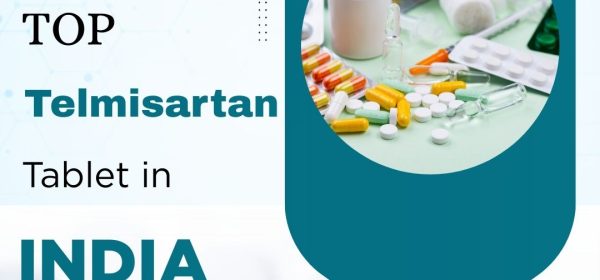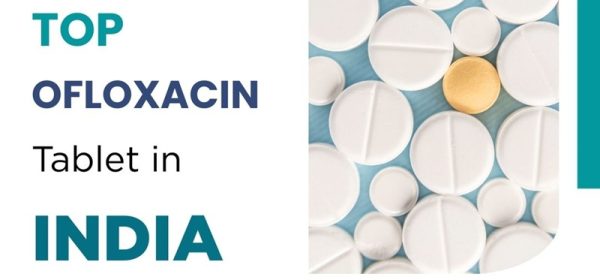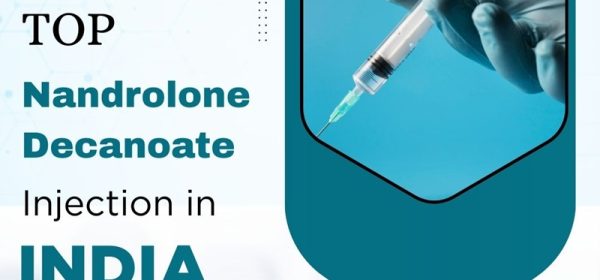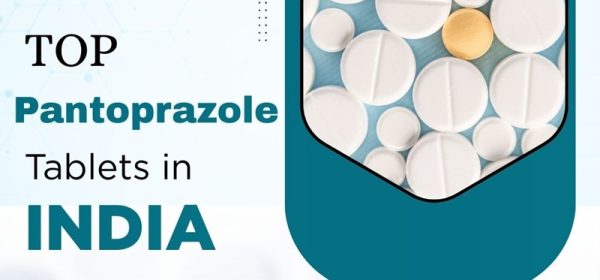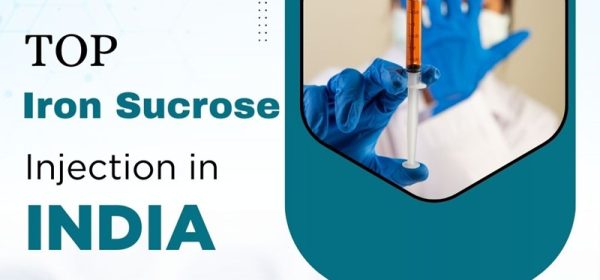What is the Difference Between Generic And Ethical Medicine? The pharmaceutical industry serves as a backbone for healthcare worldwide, delivering medicines to treat, manage, and prevent diseases. Among the vast categories of medications, generic and ethical medicines are the most prominent. While both aim to provide effective healthcare, their production, marketing, and distribution differ significantly. Understanding the difference between generic and ethical medicine can guide consumers, healthcare providers, and pharma professionals in making informed decisions.
This blog explores the differences between generic and ethical medicines, focusing on their definitions, cost structures, accessibility, regulations, and more.
What Are Ethical Medicines?
Ethical medicines, often referred to as branded or innovator drugs, are produced by pharmaceutical companies that have developed the product through extensive research and trials.
These medicines are protected by patents, giving the company exclusive manufacturing and distribution rights for a set period.
Key Features of Ethical Medicines
- Innovative: Result from years of research aimed at addressing specific medical needs.
- Higher Costs: Pricing reflects R&D, marketing, and patenting investments.
- Exclusive Branding: Marketed under unique names to build trust and recognition.
- Limited Accessibility: Available only through prescriptions, ensuring controlled usage.
What Are Generic Medicines?
Generic medicines are alternatives to branded drugs that become available after the patent of the original product expires. These medicines must meet strict bioequivalence standards, ensuring that they are as effective and safe as the branded versions.
Key Features of Generic Medicines
- Same Active Ingredients: They have identical active components to their branded counterparts.
- Cost-Effective: Without marketing or R&D expenses, these medicines are significantly cheaper.
- Widespread Availability: Easily accessible in pharmacies, making them an affordable option for many.
- Regulated Quality: National health authorities, such as the FDA in the USA and CDSCO in India, oversee production to ensure high-quality standards.
Differences Between Generic and Ethical Medicines
| Aspect | Generic Medicines | Ethical Medicines |
| Cost | Affordable due to low overhead expenses. | Higher cost due to R&D and branding investments. |
| Regulatory Approval | Requires bioequivalence tests. | Requires extensive clinical trials and studies. |
| Patent Protection | No patent protection; introduced after the original patent expires. | Protected by patents, offering exclusivity. |
| Marketing | Minimal promotion; relies on affordability and utility. | Heavily marketed to healthcare providers and consumers. |
| Accessibility | Readily available over the counter or with prescriptions. | Strictly available through prescriptions. |
Generic Vs Ethical Medicine In Pharma
The Generic Pharma Business focuses on producing affordable, off-patent medications that match branded drugs in quality and effectiveness. It emphasises cost efficiency, large-scale production, and wide distribution, often catering to lower-income demographics and healthcare systems.
The Ethical Pharma Business, however, develops innovative medicines backed by extensive research and clinical trials. These drugs are patented, heavily marketed to healthcare professionals, and sold at higher prices to recover R&D costs.
Both business models play vital roles in healthcare, with generics ensuring accessibility and ethical pharma driving innovation.
Final Thought
Cinerea Biotech stands at the forefront of the pharmaceutical industry, bridging the gap between affordability and innovation. As a trusted PCD pharma company, Cinerea Biotech provides high-quality medicines..
If you’re looking to collaborate with a reliable partner to grow your pharmaceutical business or distribute medicines, Cinerea Biotech offers unmatched opportunities and support. Join hands with us to start shining in the Pharmaceutical sector.

